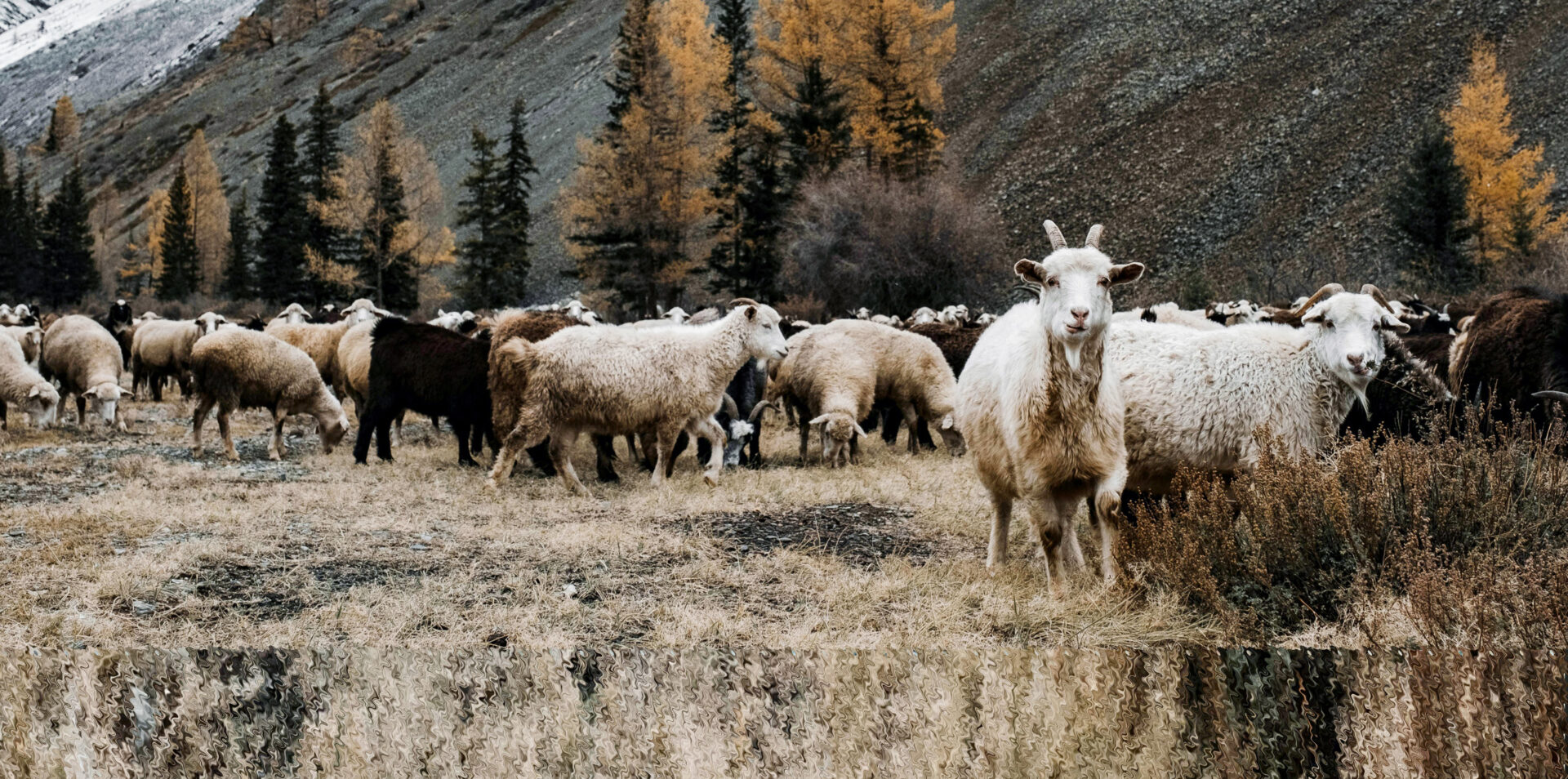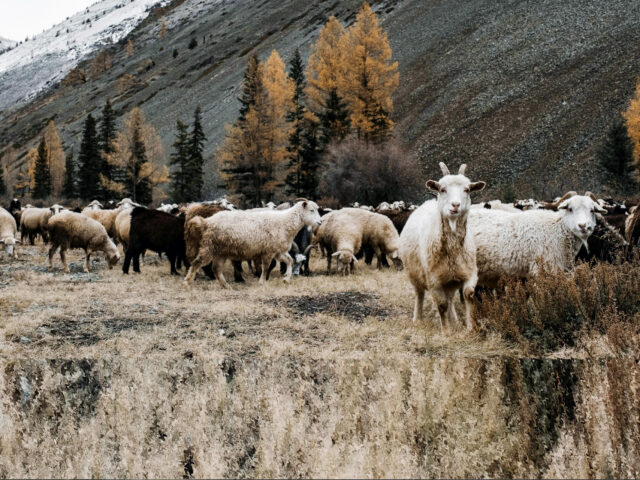“Woe to my worthless shepherd,
who deserts the flock!
May the sword strike his arm
and his right eye!
Let his arm be wholly withered,
his right eye utterly blinded!”
~ Zechariah 11:17, ESV
”Woe to the idol shepherd that leaveth the flock! the sword shall be upon his arm, and upon his right eye: his arm shall be clean dried up, and his right eye shall be utterly darkened.”
~ Zechariah 11:17, KJV
“Woe (judgment is coming) to the worthless and foolish shepherd Who deserts the flock! The sword will strike his arm And his right eye! His arm shall be totally withered And his right eye completely blinded.”
~ Zechariah 11:17, Amplified
The nomenclature of Shepherd is synonymous to the term pastor, elder, overseer, and bishop in the Bible. Although these names are applied to many job descriptions in the Church today, their observed functions may differ greatly. We could use these terms interchangeably here, but the metaphorical depiction is best seen in the term Shepherd, although in North America we have little opportunity to see the duties allocated to this service in the current farming culture or the church.
One of the top requirements you should have for a Shepherd is someone who desires to do the job. In 1 Timothy 3:1, desire means to reach out or after something, long for, or covet. Caring for the flock is not for a person who is mediocrely interested or needs extrinsic motivation. Jesus sets the ultimate example in the area of shepherding. He is referred to as the Shepherd and Bishop of our souls in 1 Peter 2:25. David, when he described his time as a shepherd to King Saul, also depicted one who would not abandon the sheep even in the face of challenges like a lion or a bear. A shepherd’s heart wants to do the work despite fears: physical, financial, relational, or any other challenge unlike the hireling in John 10:13.
An important subset to this criteria of having a desire to do the work is the motivation for this desire. The root of this desire must be love (1 Corinthians 16:14) — love for Christ and His Bride, the Church. This motive is more difficult to discern, but careful vetting can root out its true presence. Shepherding is a full-attention duty and requires all facets of the human senses. If the motivation is unclear or perceivably a wrong desire for authority, fame, wealth, power, or some other affiliated impetus, it would be prudent to wait and not appoint one who is not anointed by God to do the work. It is far easier to appoint the wrong person than to remove or replace them without adverse affects.
It is also notable that if one does not know what the job is, it would be difficult to discern if they have a desire to do it. A working knowledge of what a Shepherd does, or at least an intellectual grasp of all it encompasses, would be prudent to decipher before appointing someone to the task. The word Shepherd was consciously chosen because in many cases a sheep rancher could be more appropriately used. In North America, the connotation of what a pastor is in many churches has been deluded down to someone who merely preaches a good sermon at a Sunday service in a church building. This can be done with a Biblical degree (or not) and a good (or poor) oratorial ability and may satisfy the ears that need to be scratched while neglecting or abusing those purported to be in one’s care. This behavior is not congruent with the Biblical concept of Shepherding. In John 21:15-17, Peter was designated to feed Jesus‘ sheep by sharing the Word to meet spiritual needs. This was carried out by traveling house-to-house and presumably on a needs-based dissemination, not in a church or over a pulpit. A Shepherd is not merely one who preaches, but one who reminds, teaches, counsels, listens, and guides, as well as sharing the Word of God. Whether it is for full compensation, little, or no pay, Shepherding a flock is priceless. A Shepherd knows that 100% of his sheep are intimately satisfied with the care that they receive.
Author: Wilf Scheuermann, ©2024; Photo by Shvets Anna: https://www.pexels.com/photo/flock-of-white-and-black-sheeps-beside-trees-2563279/

